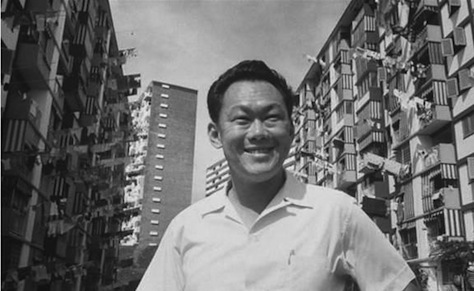Without weighing in on the merits or dismerits of Texas senator Ted Cruz’s presidential campaign, it’s striking that his logo seems to mimic the logo of the far-right Front national in France, the anti-immigrant, anti-Islam Eurosceptic party led by Marine Le Pen that opposes the growth of Islam in France.![]()
It certainly doesn’t seem intentional, but the similarity is uncanny to my eyes. I also wonder whether Cruz might see eye-to-eye with Le Pen on a great number of matters.
Cruz announced his presidential campaign earlier today at Virginia’s Liberty University, and he is the first formal candidate to do so in the race for either the Republican or Democratic Party nomination campaigns. A favorite of the ‘tea party’ movement, Cruz hopes to bridge the economic populism of ‘tea partiers’ with the enthusiasm of the evangelical Christian supporters in the Republican coalition.
Interestingly, the National Front isn’t the only far-right party to deploy a torch as its logo — it’s a common symbol for the parties of the far right in Italy, as well, including the Fratelli d’Italia, a nationalist conservative party formed in 2012 out of the remnants of the old National Alliance:
While the British Conservative Party adopted a torch logo for a time, David Cameron changed it to a green tree in 2006 when won he won the party leadership (a logo that’s changed in the intervening nine years). In any event, the Tory torch was a much different kind of logo — more like the Olympic torch and in no way resembling the Italian or French far-right logos:
It’s not clear why, exactly, the Cruz campaign would choose a logo with questionable far-right baggage (at least in Europe), nor is it clear that US political commentators would even make a link between the two. But it’s a reminder that at the presidential level in the United States, every little thing, no matter how minor, will receive much more scrutiny than Cruz has received in the past.



